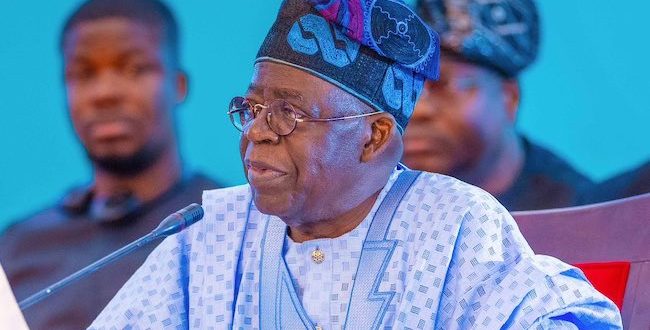768
Daniel Adaji, Abuja
In the face of escalating economic hardship, recent reports from BudgIT’s accountability platform, GovSpend, have revealed that President Bola Tinubu’s administration spent a total of N15,202,953,319.58 on foreign exchange (FX) purchases and travel-related expenses over seven months.
This revelation comes at a time when many Nigerians are grappling with soaring inflation, currency devaluation, and widespread hunger.
Expenditure records obtained by our reporter on Friday from February to October 2024 indicate significant allocations for FX purchases and various travel expenses.
In February, the government spent N3,461,730,477.75, followed by N3,425,551,133.68 in March and N832,788,568.49 in May. The spending spree intensified in July, when N2,277,270,896.06 was disbursed, including N1.9bn on FX purchases and N500m on trips.
In August, another N690m was spent, with nearly N570m allocated for FX. By September, while millions of Nigerians could no longer afford a 50kg bag of rice, which had surged to at least N80,000, the government spent N36m on car tires and nearly N6m on travel.
October saw the highest spending, with N3.57bn disbursed, including N1.93bn on FX purchases, N828m on trips, and over N1.1bn on air tickets.
These figures encompass costs related to presidential trips, air tickets (both local and international), estacode allowances, and medical supplies.
At a time when Nigerians are enduring one of the worst economic crises in decades, inflation has surged past 34 per cent, food inflation has crossed 40 per cent, and the cost of living has become unbearable for the average citizen. Yet, instead of cutting costs, the administration has continued with its high-spending approach.
The World Food Programme (WFP) has projected that approximately 33.1 million Nigerians will face acute food insecurity in 2025, an increase of seven million compared to the previous year. This alarming rise is linked to economic challenges, record-high inflation, climate-related disasters, and ongoing conflicts.
Upon assuming office, President Tinubu acknowledged the nation’s economic difficulties and promised to implement reforms to ease the burden on citizens.
He urged Nigerians to “be patient and believe in the process,” emphasizing his administration’s commitment to reducing the cost of governance. However, recent spending records raise concerns about the disconnect between government expenditures and the suffering of ordinary citizens.
The administration’s economic reforms—including the removal of fuel subsidies and the devaluation of the naira—were aimed at stabilizing the economy.
Instead, they have contributed to a sharp rise in living costs.
The International Monetary Fund (IMF) has advised the federal government to reassess its reform strategies, warning that the current policies may be worsening economic hardship.
The contrast between government spending and the struggles of Nigerians has never been more glaring. With millions facing hunger and economic distress, pressure is mounting on the Tinubu administration to redirect its spending priorities toward addressing the immediate needs of the people.



